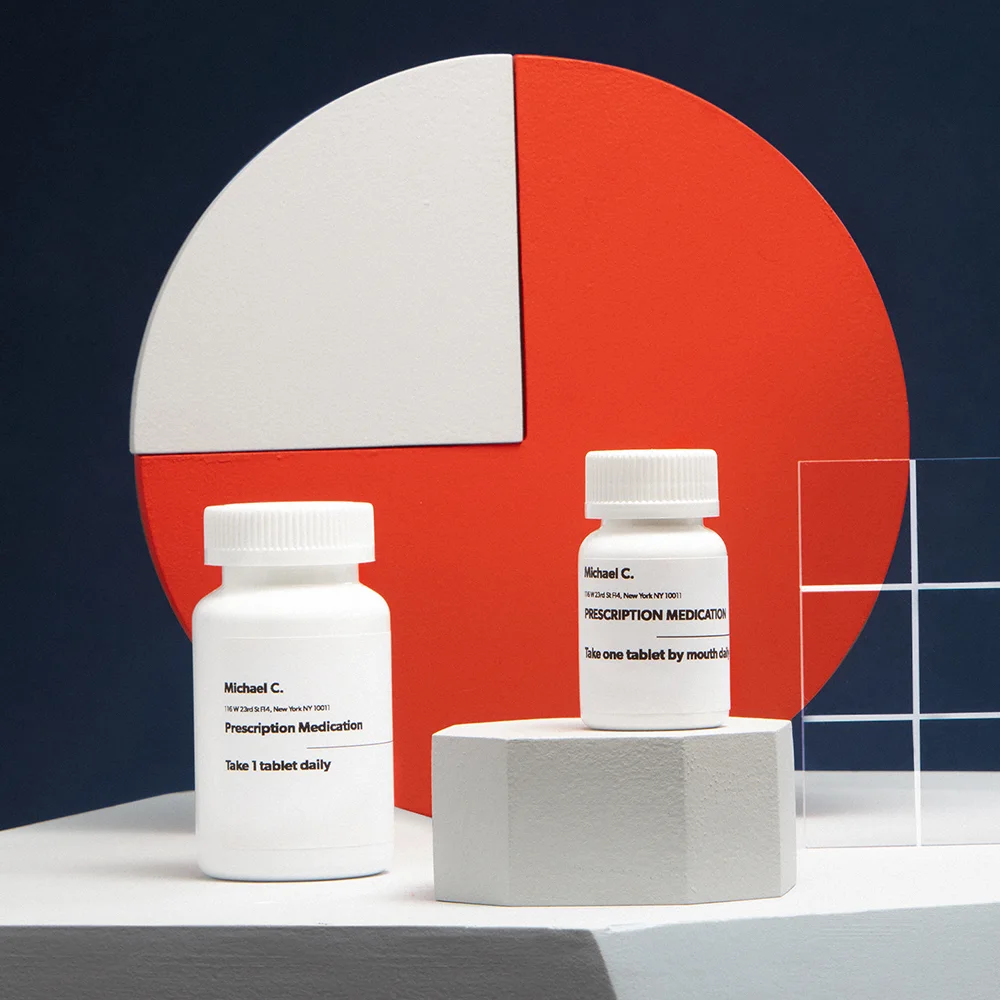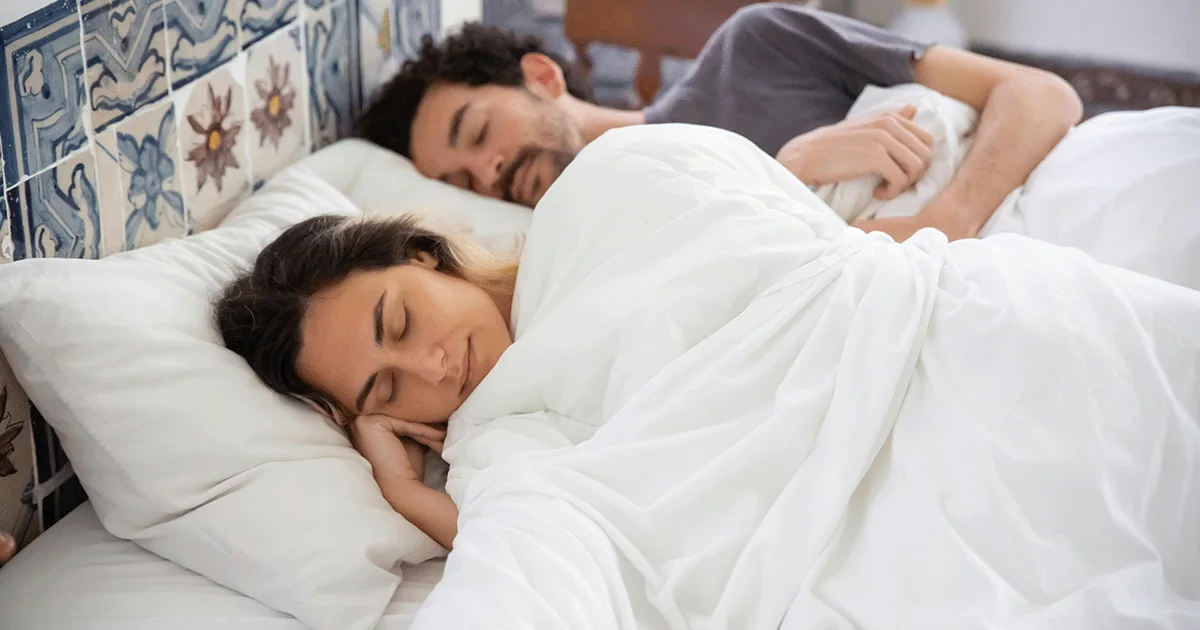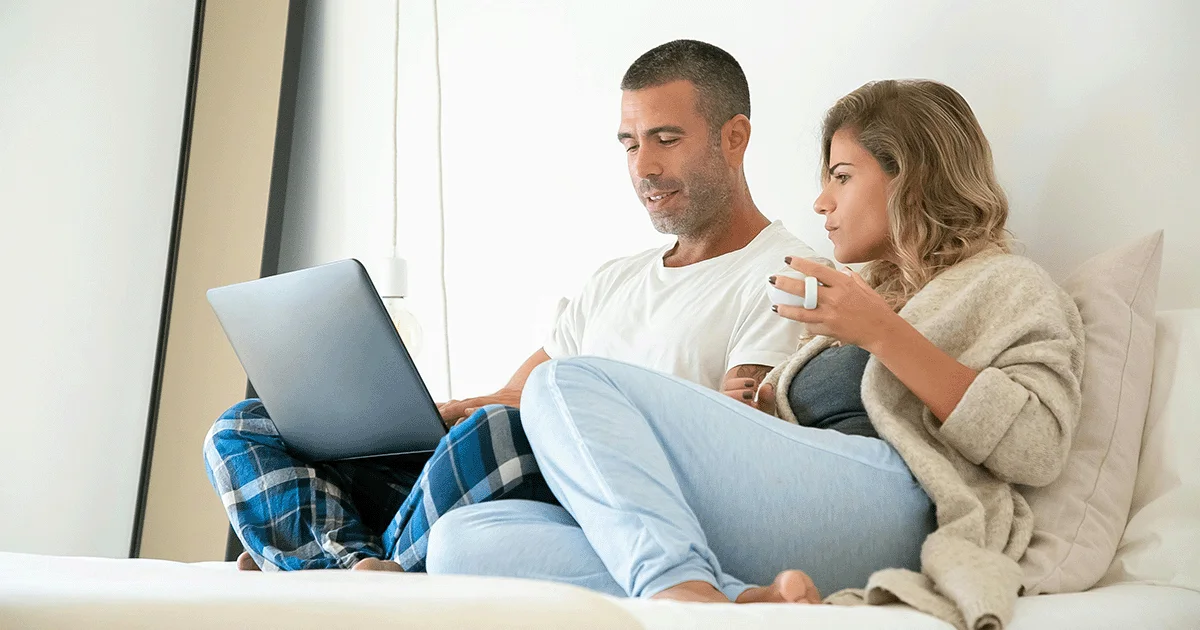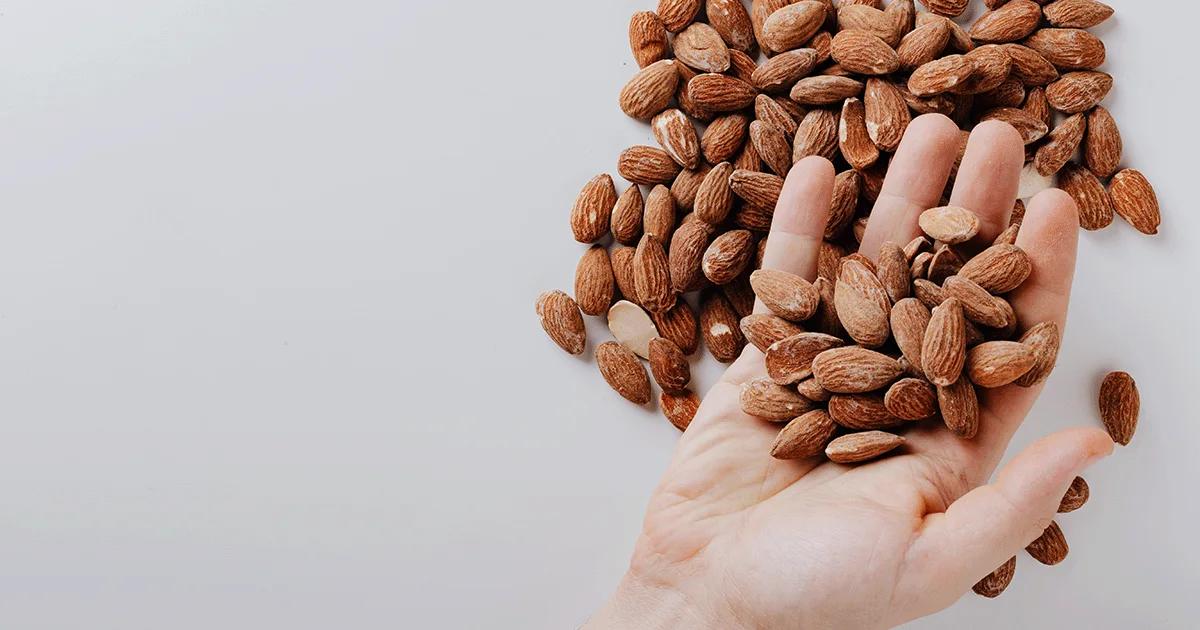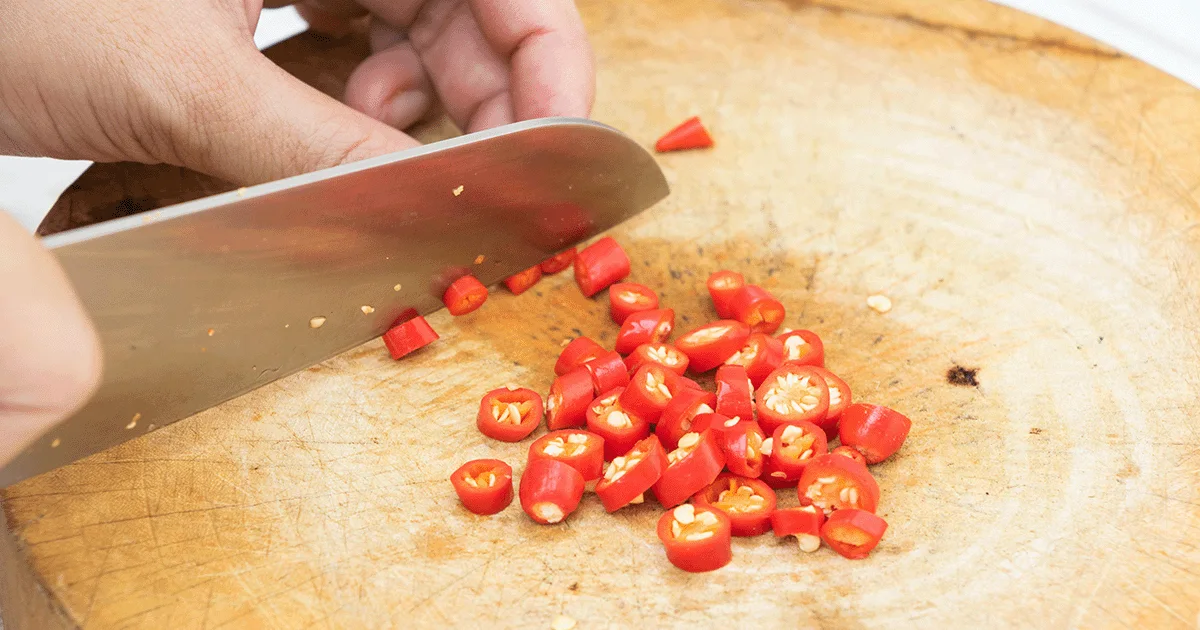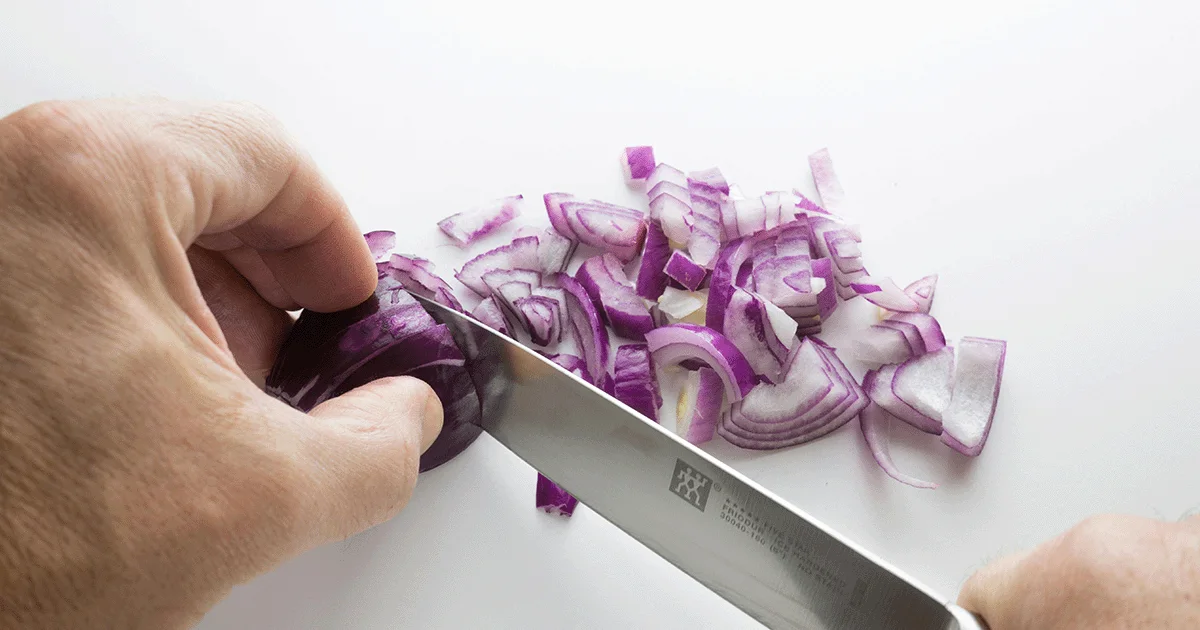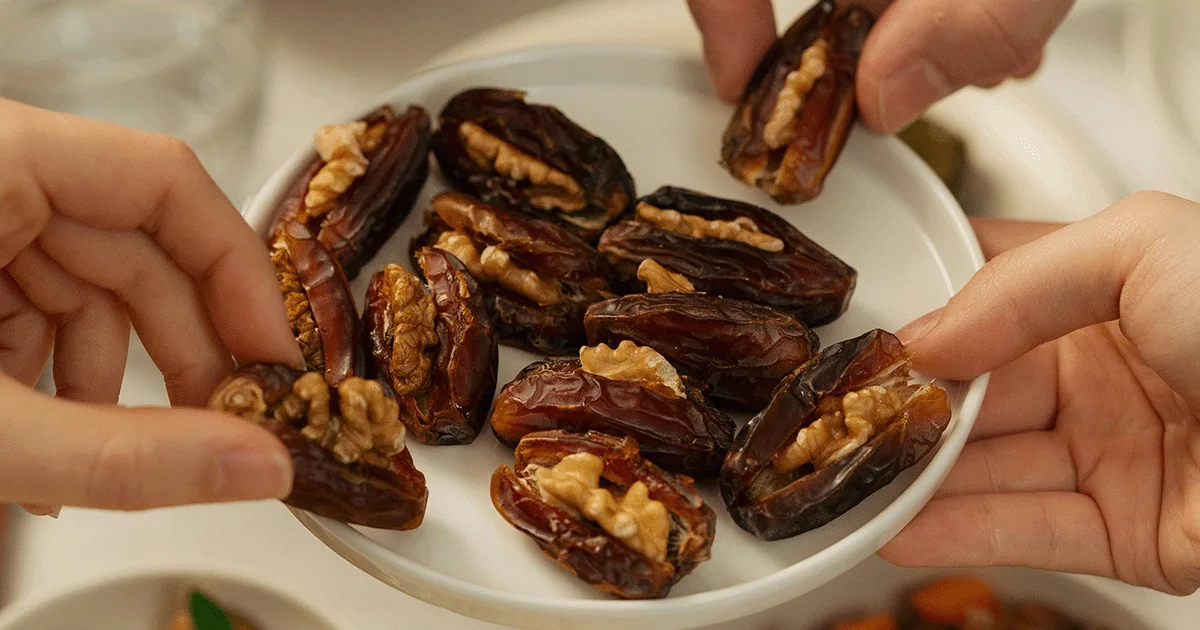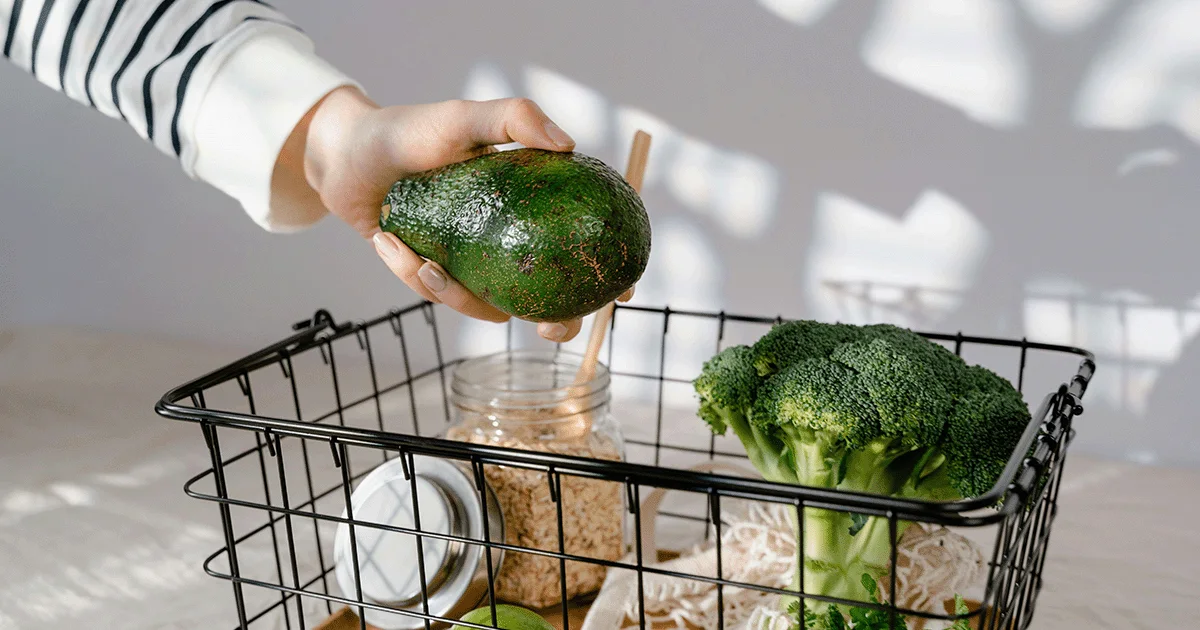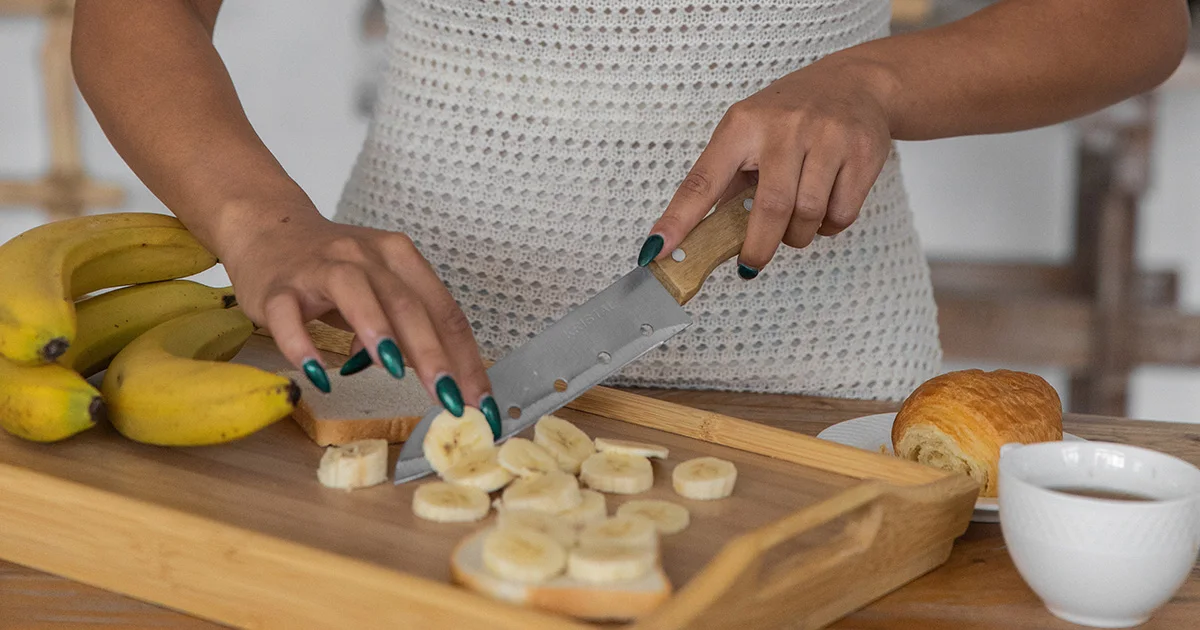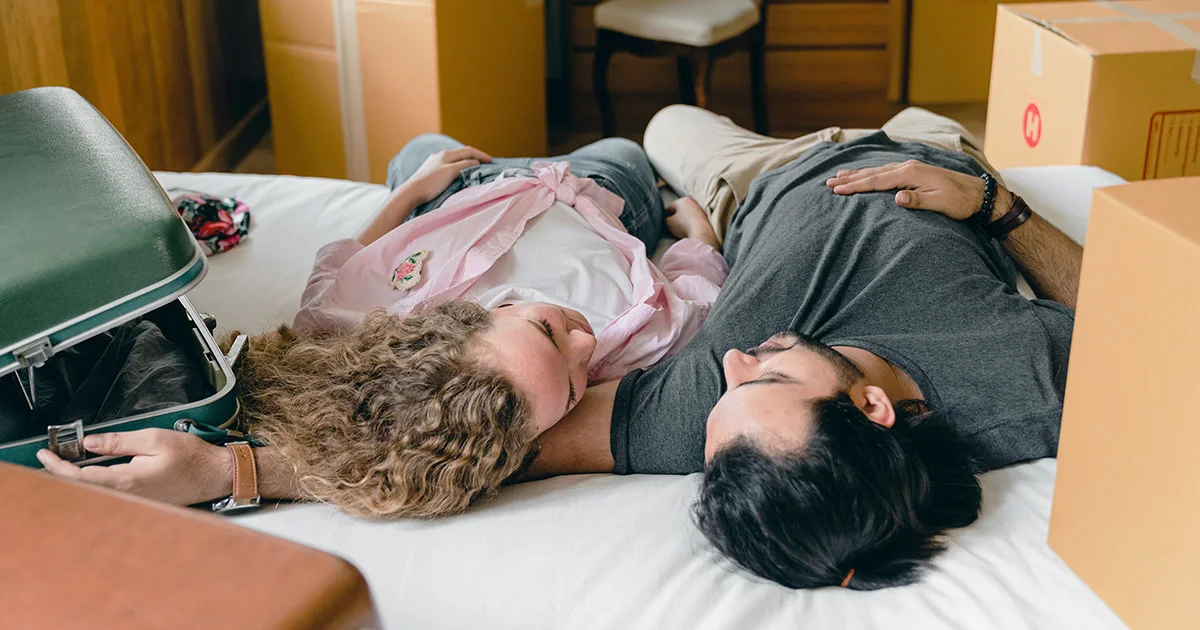Here's what we'll cover
Here's what we'll cover
Painful and uncomfortably prominent, cold sores — those blisters that form on the edges of your lips before crusting over — can't be easily hidden. They can be activated by stress, so they're likely to pop up before a big event, presentation or date. So it's completely understandable that you'd want to get rid of one as soon as possible. Many people like to pop pimples (although sometimes this can make them worse or can lead to scarring). So you might be wondering:
Can you pop a cold sore?
Well, you can, but it's a pretty bad idea. Cold sores (also known as fever blisters) are usually caused by herpes simplex virus 1 (HSV-1), although they can sometimes be caused by herpes simplex virus 2 (HSV-2) as well. If you pop a cold sore blister, you risk spreading the virus to other places on your face and body. Particles of the virus can remain on your hands and be transmitted to other places you touch.
Like your junk. HSV-2 is the form of the virus usually responsible for genital herpes. But you can contract either form of the virus on your mouth or genitals. So if you pop a cold sore then touch your penis, you can transmit HSV-1 there.
Because popping a cold sore brings virus-filled fluid to the surface of the skin, it can make you more likely to transmit the herpes virus to other people. HSV-1 spreads through oral-to-oral contact or exposure to saliva — via kissing, oral sex or sharing cups, straws or utensils.
Also, just like when you squeeze a pimple, popping a cold sore can cause the area to become inflamed and infected, which can lead to a bacterial infection and scarring.
How to get rid of cold sores fast
Cold sores generally clear up on their own within two weeks.
But you probably want to speed the healing process, and several strategies can help. Antiviral medications can shorten healing time. Antiviral drugs prescribed for cold sores include valacyclovir (Valtrex), acyclovir (Xerese, Zovirax), famciclovir (Famvir) and penciclovir (Denavir).
If you get frequent cold sore breakouts, your doctor might recommend that you take an antiviral drug regularly to suppress them.
But again — don't pop a cold sore. It can prolong, not shorten, healing, and you run the risk of creating a bigger problem than you started with.
Valacyclovir Important Safety Information: Read more about serious warnings and safety info.
What is a cold sore, exactly?
Cold sores usually take the form of blisters on or near the lips. They tend to appear in three stages:
Tingling, burning or itching: A cold sore may be preceded by itching, burning or tingling around the lips for a day or more. Then a small, painful spot (or multiple spots) will appear, replaced by a blister (or a cluster of them).
Blisters. The small, fluid-filled blisters usually appear where the lips meet the face. (Cold sores can also show up around the nose or on the cheeks.)
Oozing and crusting. After a few days, the small blisters burst. Open sores ooze fluid, then crust over to form scabs.
When you have a cold sore, you might feel like you're walking around with a neon sign on your face. But you're definitely not alone: 67% of people worldwide under the age of 50 have HSV-1, the World Health Organization says. And about 20% to 40% of people infected with HSV-1 will get cold sores, usually once or twice a year (Kriesel, 2014).
And even after a cold sore outbreak fades, the virus remains in the body's nerve endings, and it can resurface after being triggered. Common cold sore triggers include stress, anxiety, fatigue, exposure to the cold or sunlight, or a weakened immune system, like when you have a cold or flu.
Cold sore home remedies and treatments
Abreva (docosanol) is an over-the-counter ointment for cold sores that may shorten healing time. At the first sign of cold sore symptoms — such as tingling — apply it to the affected area as the package directions indicate.
To relieve cold sore pain and discomfort, you can also try these strategies:
Apply lip balm or moisturizer
Use a lip balm, petroleum jelly, or moisturizer with sunscreen on your lips. Keeping wounds moist is a good way to speed healing. That's especially important with cold sores: Making sure your lips aren't too dry may prevent you from reinjuring the area when you smile, eat or drink.
Use pain-relieving creams
Over-the-counter creams or ointments that contain analgesics like lidocaine or benzocaine can help with pain. A popular brand is Orajel, although generic equivalents (and prescription-strength forms) are available.
Apply a cold compress
Putting a cool, damp cloth on the affected area can soothe irritated skin and help remove scabs.
Take over-the-counter pain relievers
Pain relievers like ibuprofen or acetaminophen can ease discomfort.
Cold sores, kissing, and sex
If you get cold sores, that doesn’t mean you should totally avoid intimacy, whether that’s dating, kissing or sex. But the American Sexual Health Association advises that you should wait until a cold sore heals and the area looks normal again before performing oral sex or kissing someone directly on the mouth (ASHA, n.d.). If you take antiviral medication to deal with cold sores, you should still wait until the area heals.
“Because most adults have oral herpes, we do not advise that a person stop giving or receiving affection altogether between outbreaks (when there are no signs or symptoms) simply because they have oral herpes,” the ASHA says. “However, using a barrier (such as a dental dam) or condom when performing oral sex (even though there are no symptoms present around the mouth) can reduce the risk of contracting genital herpes.”
DISCLAIMER
If you have any medical questions or concerns, please talk to your healthcare provider. The articles on Health Guide are underpinned by peer-reviewed research and information drawn from medical societies and governmental agencies. However, they are not a substitute for professional medical advice, diagnosis, or treatment.
American Sexual Health Association (ASHA). (n.d.). Oral Herpes. Retrieved from https://www.ashasexualhealth.org/herpes/
Kriesel, J. D., Bhatia, A., & Thomas, A. (2014). Cold sore susceptibility gene-1 genotypes affect the expression of herpes labialis in unrelated human subjects. Human Genome Variation, 1, 14024. doi: 10.1038/hgv.2014.24. Retrieved from https://www.ncbi.nlm.nih.gov/pubmed/27081513
